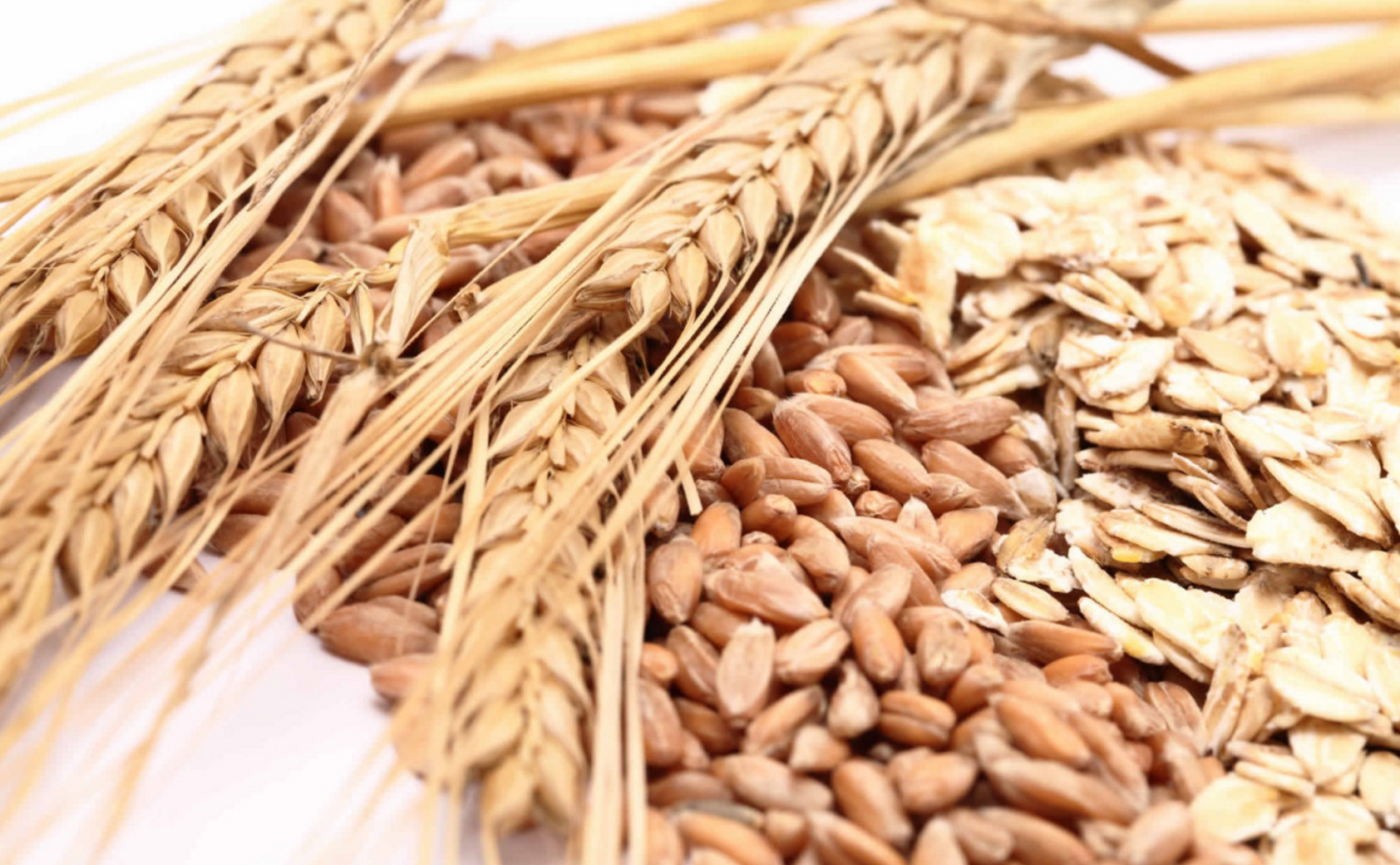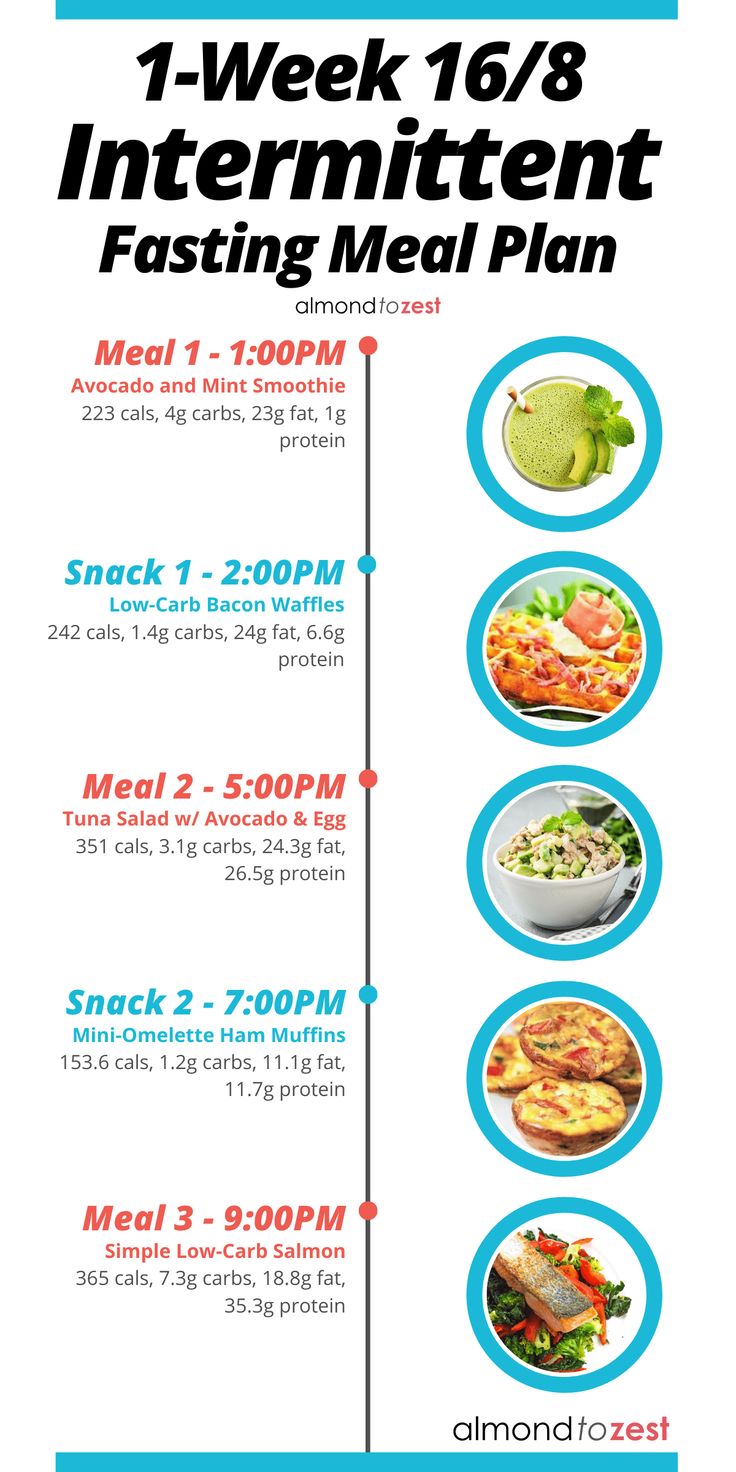Introduction:
Meet Dr. Emily Rodriguez, a distinguished allergist with over 15 years of experience in decoding the complexities of wheat allergies. Her expertise has led her to unveil the subtle signs often overlooked, empowering individuals with knowledge to make informed choices for a healthier life.
Wheat allergies, although prevalent, are not always easily recognized. In this comprehensive guide, we will delve into the various facets of wheat allergies, from understanding the basics to practical tips for managing daily life. Dr. Rodriguez’s insights will serve as a compass, guiding you through the intricate terrain of wheat allergies.
Understanding Wheat Allergies:
Wheat allergies are immune-mediated responses to proteins found in wheat. Dr. Rodriguez emphasizes the importance of distinguishing wheat allergies from other wheat-related issues, such as gluten sensitivity. Understanding the basics is crucial in recognizing the unique features of wheat allergies.
Prevalence and Insights: Dr. Rodriguez sheds light on the prevalence of wheat allergies, dispelling common misconceptions. Her extensive research showcases the nuanced nature of wheat allergies, urging individuals to be vigilant about potential symptoms.
Common Symptoms You Shouldn’t Ignore:
Beyond the more obvious digestive discomfort, wheat allergies manifest in subtle ways that are often dismissed. Dr. Rodriguez reveals these telltale signs, connecting seemingly unrelated symptoms to wheat allergies.
Unveiling Subtle Signs: Digestive issues are just the tip of the iceberg. Dr. Rodriguez explores the less conspicuous symptoms that may indicate a wheat allergy, such as skin problems, respiratory issues, and even neurological symptoms. By recognizing these signs, individuals can seek timely intervention.
Connections to Wheat Allergies: Dr. Rodriguez shares case studies and anecdotes that highlight the intricate connections between various symptoms and wheat allergies. Through real-life examples, she emphasizes the importance of a holistic approach to recognizing and addressing these symptoms.
Diagnostic Strategies:
Accurate diagnosis is the cornerstone of effective management. Dr. Rodriguez provides insights into the recommended tests for identifying wheat allergies, including the role of elimination diets in pinpointing specific triggers.
Recommended Tests: Dr. Rodriguez outlines the array of allergy tests available, discussing their strengths and limitations. From skin prick tests to blood tests, she provides a comprehensive overview to guide individuals in seeking appropriate diagnostic measures.
Role of Elimination Diets: Elimination diets, while challenging, play a pivotal role in identifying specific allergens. Dr. Rodriguez offers practical advice on implementing elimination diets, ensuring a systematic approach to uncovering potential wheat allergies.
Navigating Daily Life with Wheat Allergies:
Managing wheat allergies goes beyond diagnosis. Dr. Rodriguez provides practical tips for navigating daily life, from reading food labels to preventing allergic reactions and understanding hidden sources of wheat.
Preventing Allergic Reactions: Dr. Rodriguez shares valuable insights on preventing allergic reactions, including tips on dining out, communicating allergies effectively, and creating a safe environment at home. Her practical advice empowers individuals to take control of their health.
Hidden Sources of Wheat: Wheat can lurk in unexpected places. Dr. Rodriguez reveals common sources of hidden wheat in processed foods, cosmetics, and medications. By raising awareness, she aims to help individuals make informed choices in their daily lives.
Alternative Grains: A Wheat-Free Pantry:
Maintaining a wheat-free lifestyle doesn’t mean sacrificing taste or variety. Dr. Rodriguez recommends alternative grains and provides delicious recipes and meal plans for a balanced and satisfying diet.
Grain Recommendations: Dr. Rodriguez introduces alternative grains suitable for individuals with wheat allergies, emphasizing their nutritional benefits. Quinoa, rice, and buckwheat are just a few of the versatile options she explores, offering a rich tapestry of flavors and textures.
Delicious Recipes and Meal Plans: Practicality meets palate as Dr. Rodriguez shares her favorite wheat-free recipes and meal plans. From breakfast options to satisfying dinners, her culinary expertise adds a delightful dimension to the journey of embracing alternative grains.
Children and Wheat Allergies:
Wheat allergies can manifest differently in children, and recognizing symptoms early is crucial. Dr. Rodriguez provides guidance on spotting wheat allergy symptoms in children, managing allergies in school, and fostering understanding in social settings.
Identifying Symptoms in Children: Dr. Rodriguez discusses the unique challenges of identifying wheat allergy symptoms in children, where communication may be limited. Parents and caregivers gain valuable insights into recognizing early signs and seeking appropriate medical attention.
Managing Allergies in School and Social Settings: With her experience, Dr. Rodriguez offers practical advice for parents navigating the educational landscape with a child who has wheat allergies. From communicating with teachers to fostering a supportive social environment, her guidance ensures a well-rounded approach to managing allergies in children.
Debunking Myths Surrounding Wheat Allergies:
Misconceptions can hinder effective management of wheat allergies. Dr. Rodriguez addresses common myths, providing clarity on the difference between wheat allergies and gluten sensitivity.
Common Misconceptions: Dr. Rodriguez dispels prevalent myths surrounding wheat allergies, such as the belief that gluten sensitivity is synonymous with a wheat allergy. By debunking these misconceptions, she encourages individuals to seek accurate information and make informed decisions about their health.
Wheat Allergies vs. Gluten Sensitivity: In a comparative exploration, Dr. Rodriguez distinguishes between wheat allergies and gluten sensitivity. A visually engaging table encapsulates key features, aiding readers in understanding the nuances between these two conditions.
Visual Table for Key Points:
| Section | Key Points |
|---|---|
| Understanding Allergies | Basics of wheat allergies and prevalence insights |
| Common Symptoms | Subtle signs and connections to wheat allergies |
| Diagnostic Strategies | Recommended tests and the role of elimination diets |
| Daily Life Management | Practical tips for preventing allergic reactions |
| Alternative Grains | Dr. Rodriguez’s grain recommendations and recipes |
| Children and Allergies | Identifying symptoms in children and school advice |
| Debunking Myths | Clarifying misconceptions about wheat allergies |
Comparative Table – Wheat vs. Gluten:
| Feature | Wheat Allergy | Gluten Sensitivity |
|---|---|---|
| Immune Response | Immune system reacts to proteins in wheat. | Non-allergic reaction to gluten proteins. |
| Symptoms | Varied, including digestive and skin issues. | Primarily gastrointestinal symptoms. |
| Diagnosis | Allergy tests, elimination diets recommended. | Blood tests, endoscopy, and genetic testing. |
| Treatment | Strict avoidance of wheat-containing foods. | Gluten-free diet, may tolerate some wheat. |
Conclusion:
Empowered with Dr. Rodriguez’s expertise, you are now equipped to recognize and manage wheat allergies effectively. Embrace a healthier lifestyle by decoding the subtle signs and making informed choices for you and your loved ones.
Remember, your well-being is your greatest asset; understanding wheat allergies is the first step towards a vibrant, allergy-conscious life.











